-
How to create an account and enroll in the course?
In order to be able to complete the activities and quizzes in this course, and receive a certification of completion, or a badge, you must create an account and enroll in the course. You only need to create an account once, after which you can enroll in as many courses as you like. Click here to create an account. For instructions on how to create an account and enroll, please look at the following video:
-
Homepage
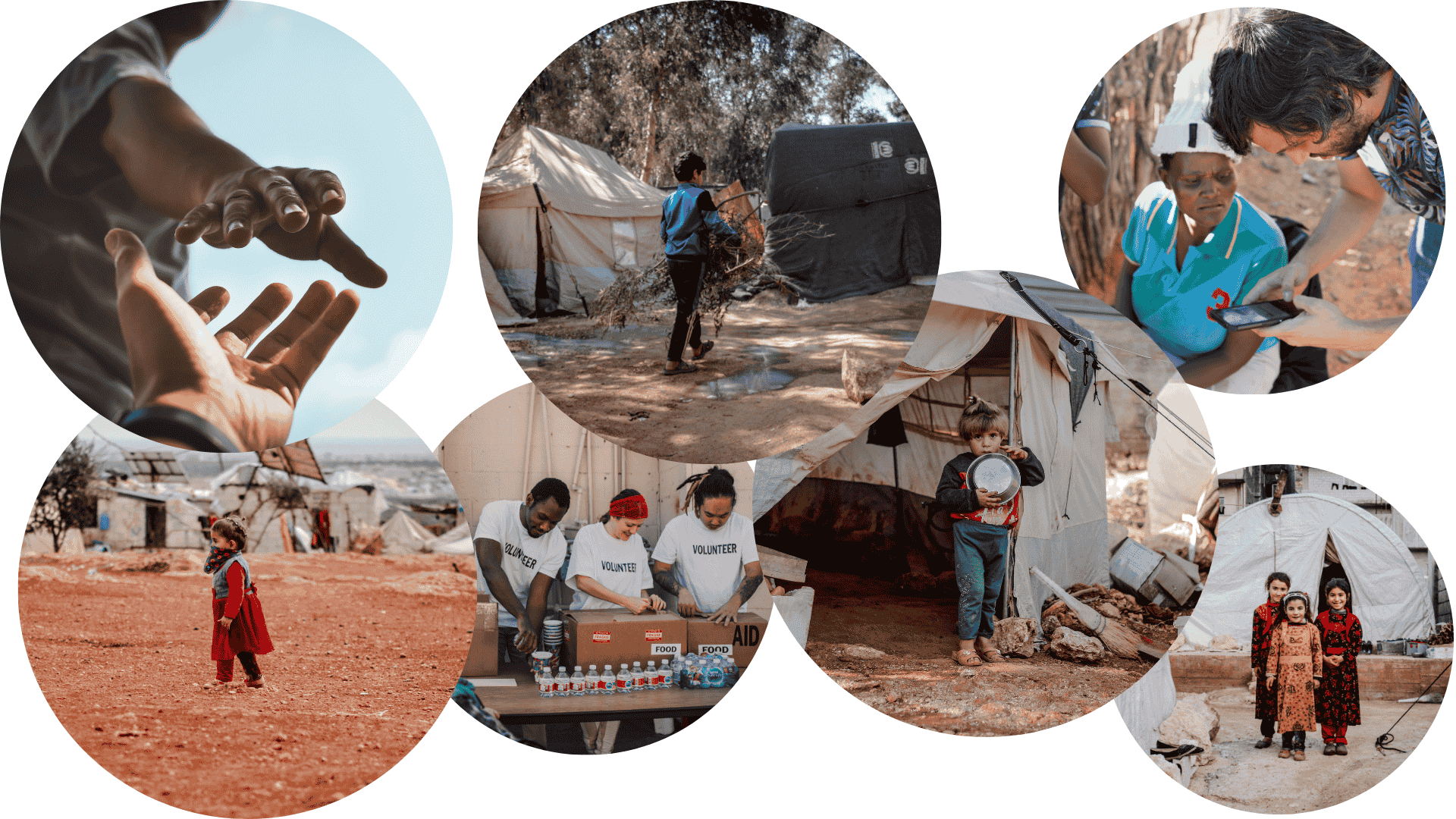

Protection is a fundamental component of all humanitarian action, ensuring the safety, dignity, and rights of affected populations in crises. This course is designed for humanitarian workers, local responders, and anyone involved in emergency response who seeks to integrate protection principles into their work.
Through this course, participants will gain an understanding of protection in humanitarian contexts, including the centrality of protection and the principles of protection mainstreaming across all sectors. Special attention is given to child protection, a critical area of humanitarian response, where participants will learn to recognize key risks, apply the Minimum Standards for Child Protection in Humanitarian Action, and address urgent child protection concerns.
The course also explores strategies for preventing and responding to family separation, supporting children's mental health, and mitigating risks of sexual exploitation, abuse, and child labor in emergencies.
The course follows a microlearning approach, offering bite-sized lessons (15–20 minutes each) that make it easy to grasp complex human rights concepts. Interactive activities, case studies, and scenario-based exercises provide opportunities for active learning. There are no graded assessments—participants can engage, explore, and retry activities as often as needed to deepen their understanding.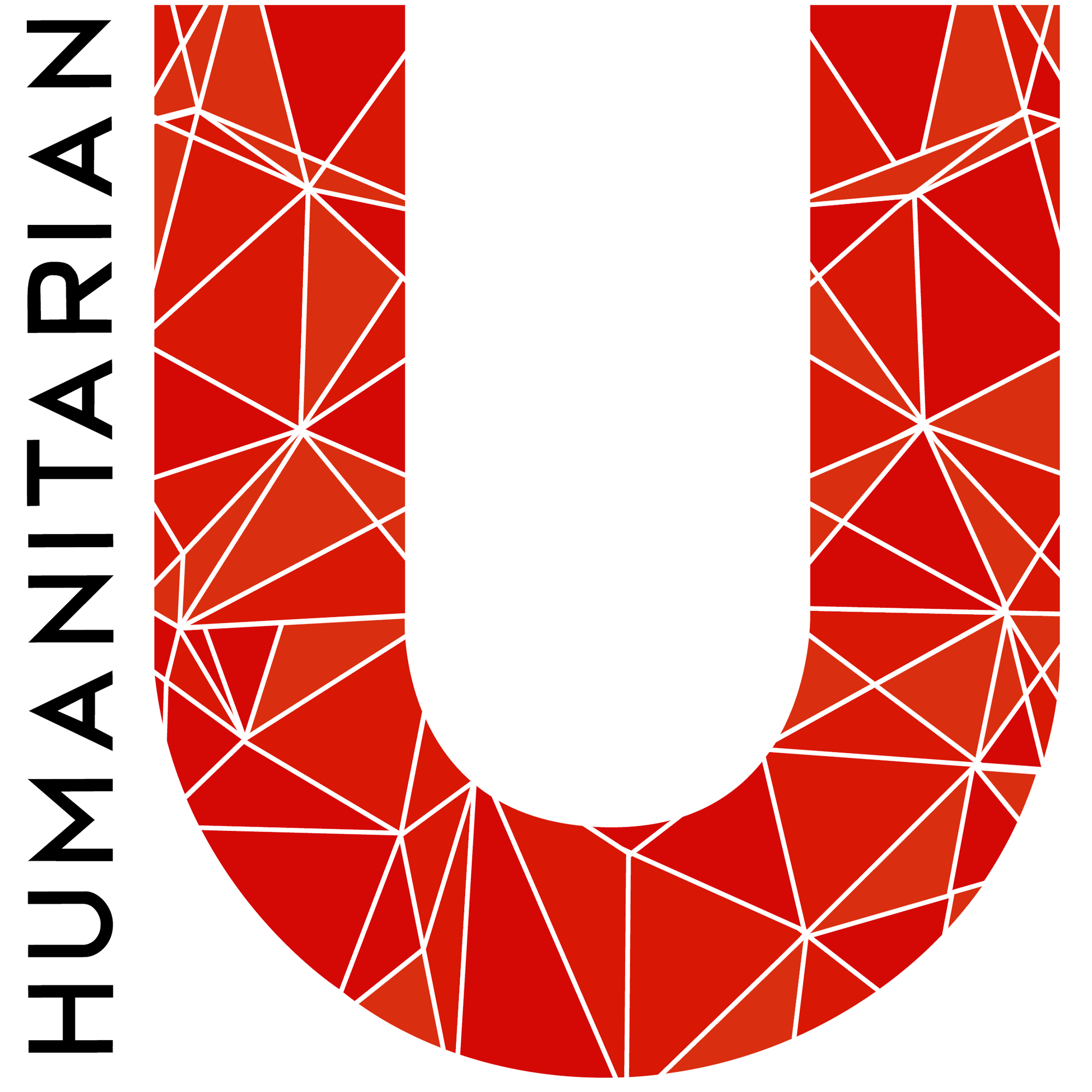
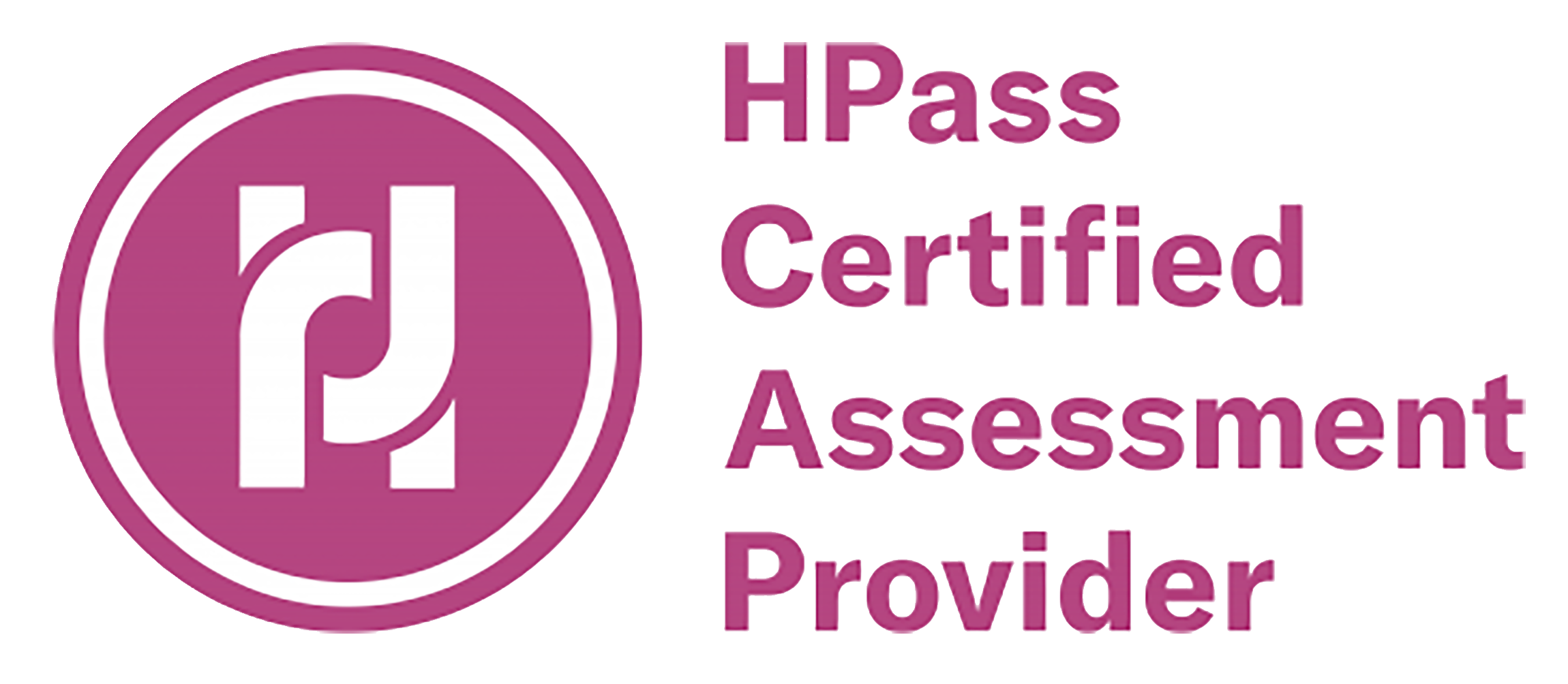
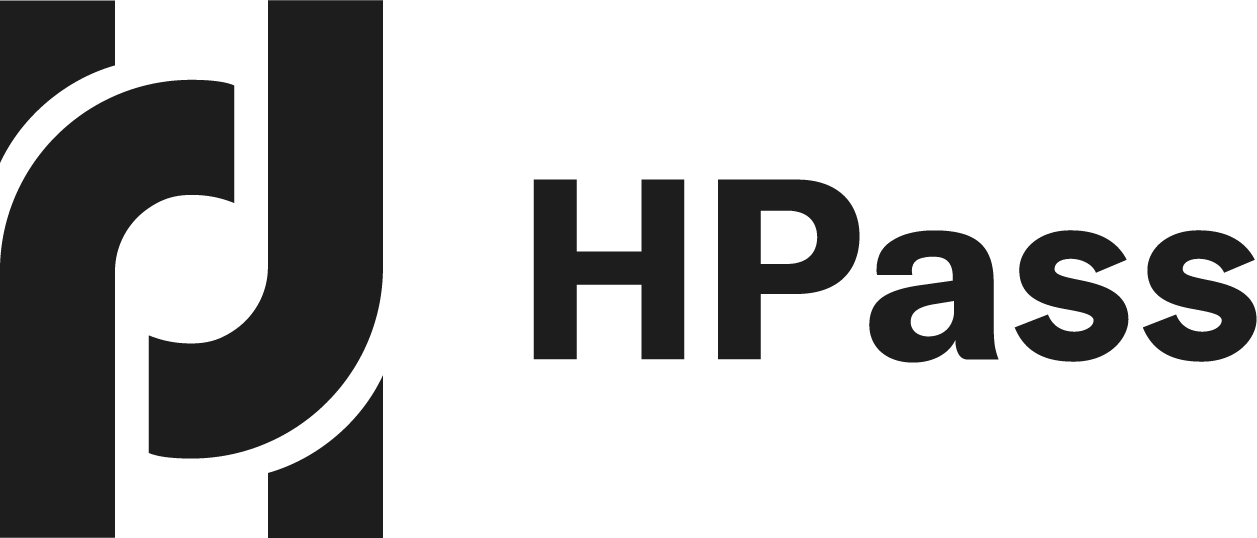
To learn more about the efficacy of online learning and online learning at NextGenU.org please see “A Novel Integration of Online and Flipped Classroom Instructional Models in Public Health Higher Education,” (2014), BMC Medical Education, “Building Public Health Capacity through Online Global Learning,” (2018), Open Praxis, or on NextGenU.org’s publication page.There are three lessons to complete, which include:
Lesson 1: Introduction to Protection in Humanitarian Action
Lesson 2: Child Protection
Lesson 3: Addressing Issues in Child ProtectionThe completion time for this course is estimated at 1 hour 30 minutes, comprising 45 minutes of learning resources and 45 minutes of microlearning content. The course requires the completion of three microlessons.
After completing the microlessons, you'll gain access to a final exam at the end of the course. This exam features a detailed scenario that integrates all the concepts learned.
Once you’ve passed the final exam, you will receive a badge from NextGenU.org and our course’s co-sponsoring organizations. We keep your personal information confidential, never sell any of your information, and only use anonymized data for research purposes. Also, we are happy to report your testing information and share your work with anyone (your school, employer, etc.) at your request.
Engaging with this Course:
You can enroll in this course or browse this course for free for personal enrichment; there are no requirements.
To obtain a badge, a learner must successfully complete:
- All the reading requirements
- All quizzes and pass with a 70% with unlimited attempts
- All activities
- The final exam
- The self and course evaluation forms
NextGenU.org is happy to provide your institution with
- A link to and description of the course training so that they can see all its components, including the cosponsoring universities and other professional organization cosponsors;
- Your grade on the final exam;
- Your work products (e.g., case study activities), and any other required or optional shared materials that you produce and authorize to share with them;
- Your evaluations -- course and self-assessments;
- A copy of your badge, along with the co-sponsoring universities and other organizations listed.
Next Steps
- Take the short knowledge pre-test below. It allows us to assess various aspects of the course itself.
- Complete the registration form.
- Begin the course with Lesson 1: Introduction to Protection in Humanitarian Action
- In each lesson, read the description, complete all required readings and any required activity, and take the corresponding quizzes.
Disclaimer: This content is designed to enhance your study; we cannot guarantee that the successful completion of these materials will enable you to work in your place of residence as regulations vary by location. If you plan to practice using your new knowledge, to ensure safety and compliance with your local laws, you must successfully complete a program of study approved by the government and relevant local regulatory agencies in your place of practice.
NextGenU.org does not directly confer academic degrees or guarantee that learning institutions will accept NextGenU.org coursework for credit.
-
Lesson 1: Introduction to Protection in Humanitarian Action
 Student Learning Outcomes:
Student Learning Outcomes:Upon completion of this lesson, you will be able to:
- Define protection in humanitarian contexts.
- Explain the concept of the centrality of protection.
- Identify the key elements of protection mainstreaming.
- Recognize the importance of protection in all humanitarian activities.
Approximate time required for the readings for this lesson (at 144 words/minute): 15 minutes
1 File, 1 SCORM package -
Lesson 2: Child Protection
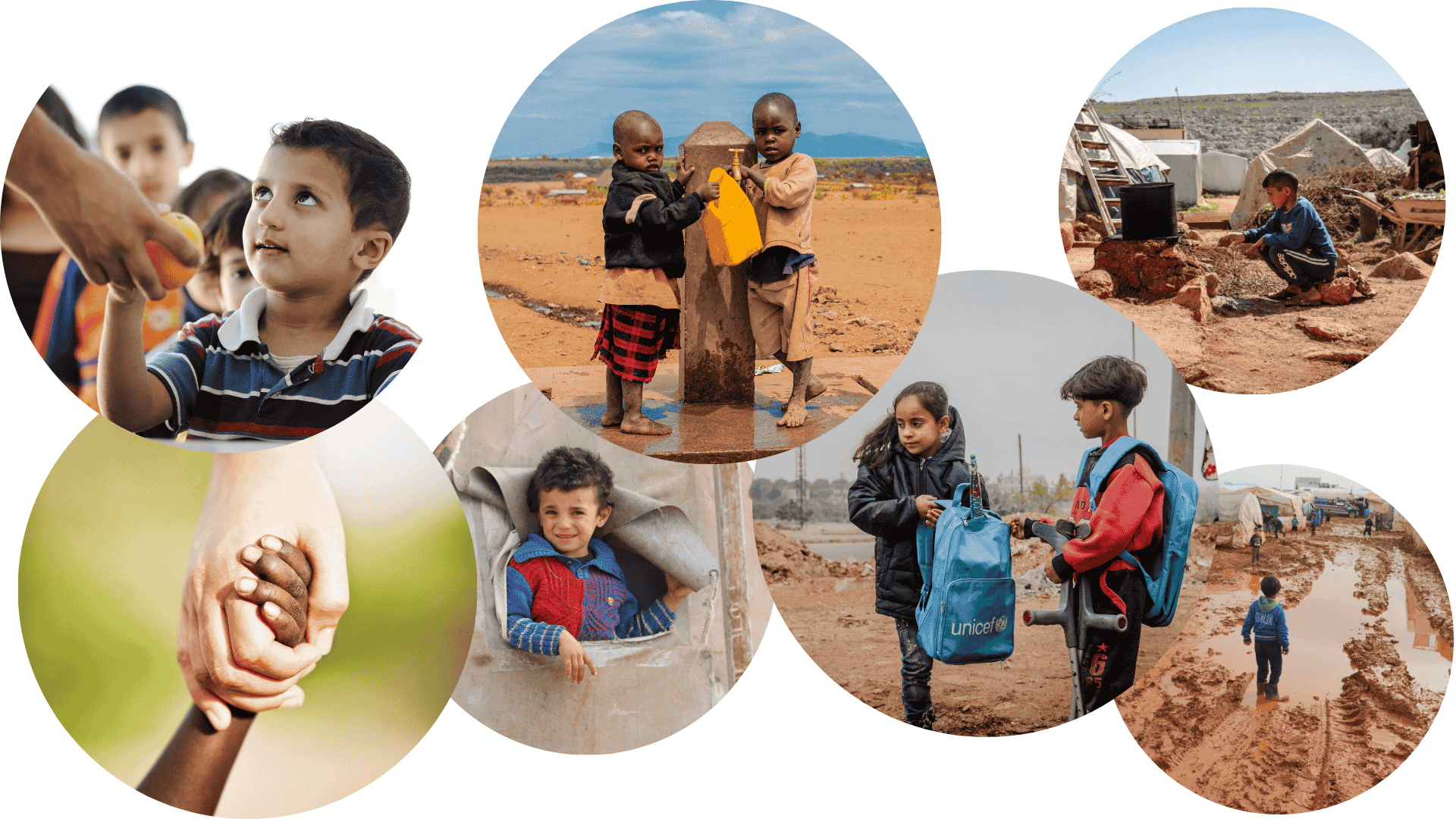 Student Learning Outcomes:
Student Learning Outcomes:Upon completion of this lesson, you will be able to:
- Define child protection in humanitarian contexts.
- Identify key child protection risks in emergencies.
- Describe the Minimum Standards for Child Protection in Humanitarian Action.
- Recognize signs of child protection concerns.
Approximate time required for the readings for this lesson (at 144 words/minute): 15 minutes
1 File, 1 SCORM package -
Lesson 3: Addressing Issues in Child Protection
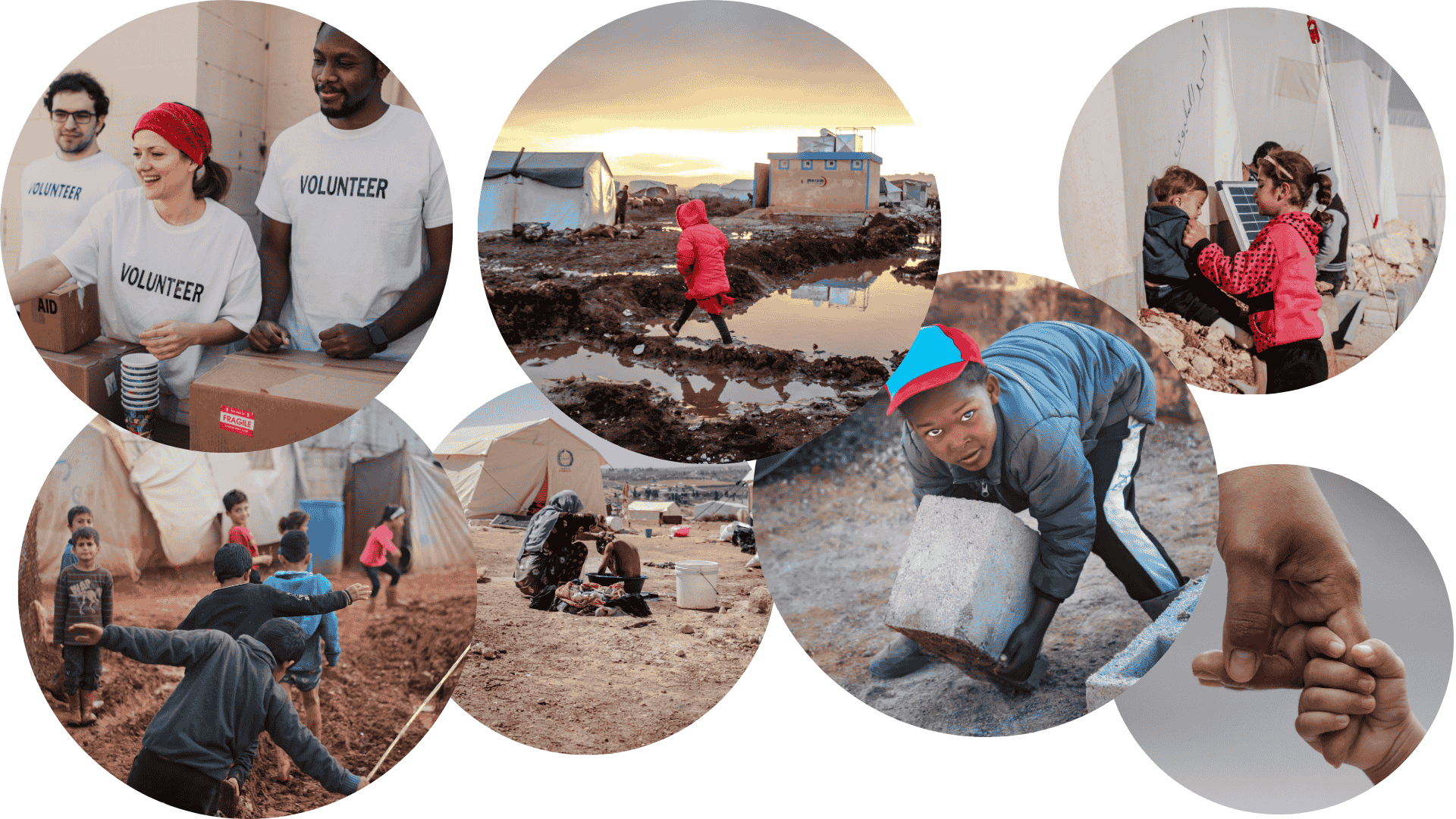 Student Learning Outcomes:
Student Learning Outcomes:Upon completion of this lesson, you will be able to:
- Identify key strategies to prevent and respond to family separation.
- List approaches to support children's mental health and psychosocial well-being.
- Identify how to mitigate the risks of sexual exploitation and abuse.
- Understand the risks associated with child labor in emergencies.
Approximate time required for the readings for this lesson (at 144 words/minute): 15 minutes
1 File, 1 SCORM package -
Course and Self Evaluation
 Thank you for trusting us with your learning journey. Feel free to join the other courses that make up our Foundations of Humanitarian Action Program to continue learning. In this section, you can provide feedback about this course to help us make NextGenU.org better. Once evaluations are completed, you will be able to receive your badge.
Thank you for trusting us with your learning journey. Feel free to join the other courses that make up our Foundations of Humanitarian Action Program to continue learning. In this section, you can provide feedback about this course to help us make NextGenU.org better. Once evaluations are completed, you will be able to receive your badge. If you have completed all 12 courses in this program, you may proceed to obtain your Final Program Certificate. You will need to take one short quiz (12 questions) and pass with a score of 75% or higher to be awarded the Final Program Certificate for Foundations of Humanitarian Action, Part 1. Click here to earn your Final Program Certificate


